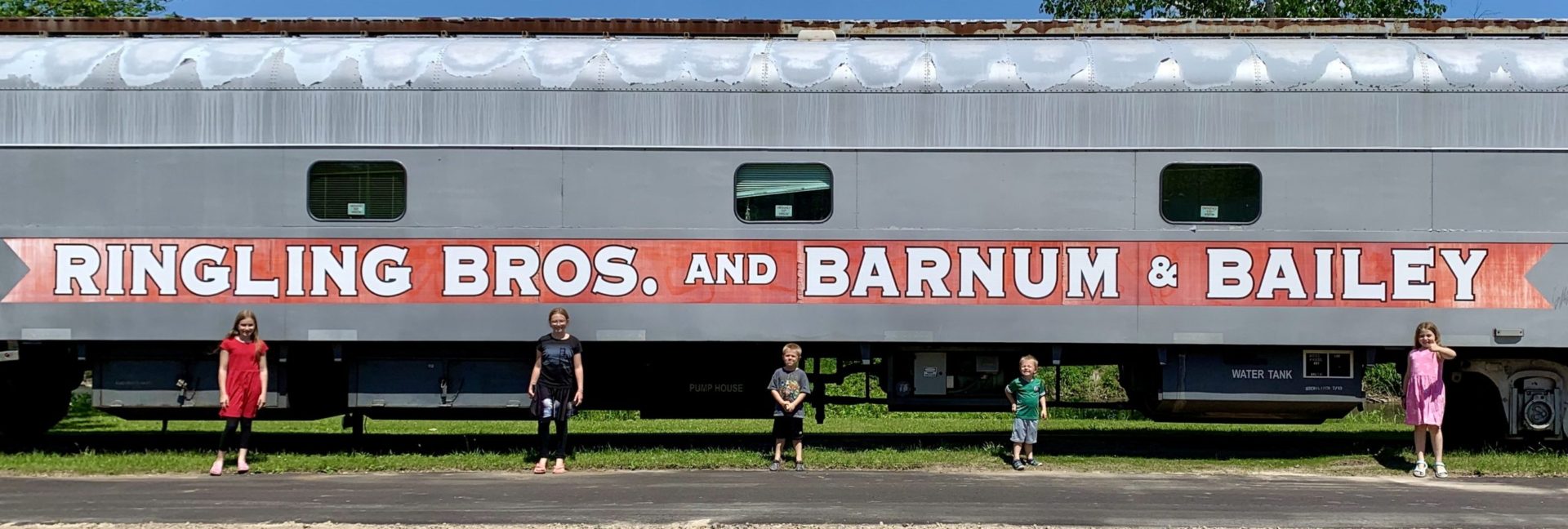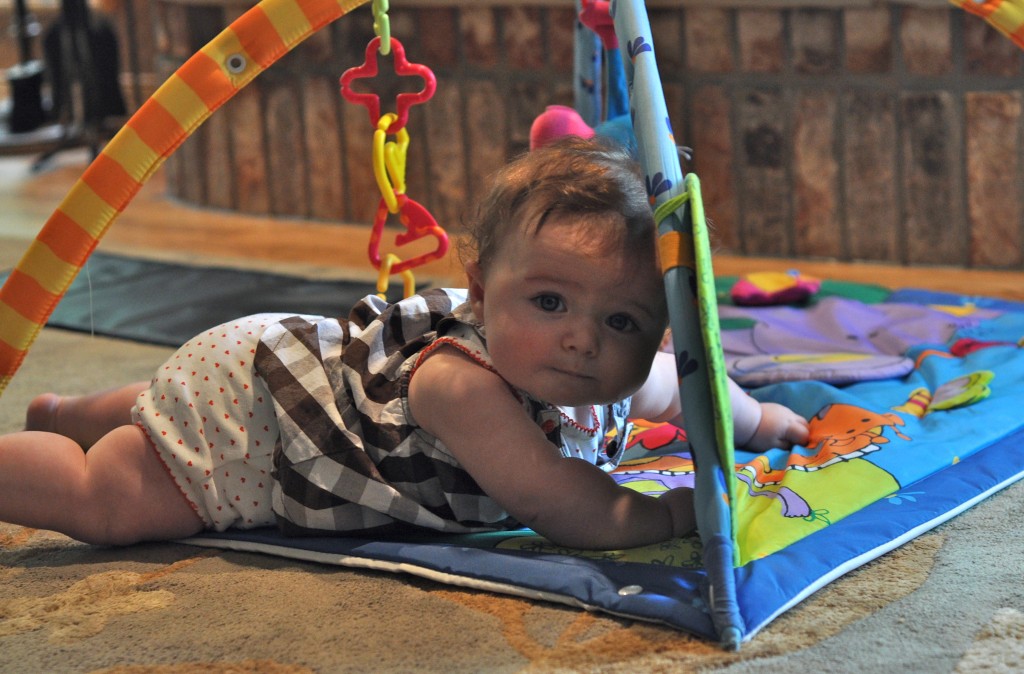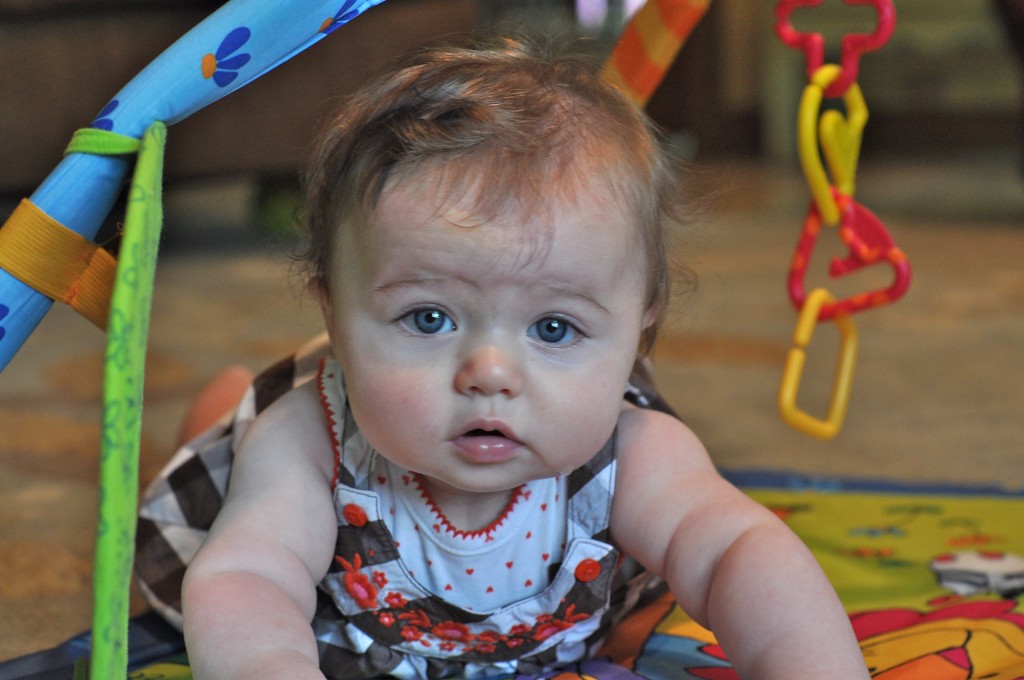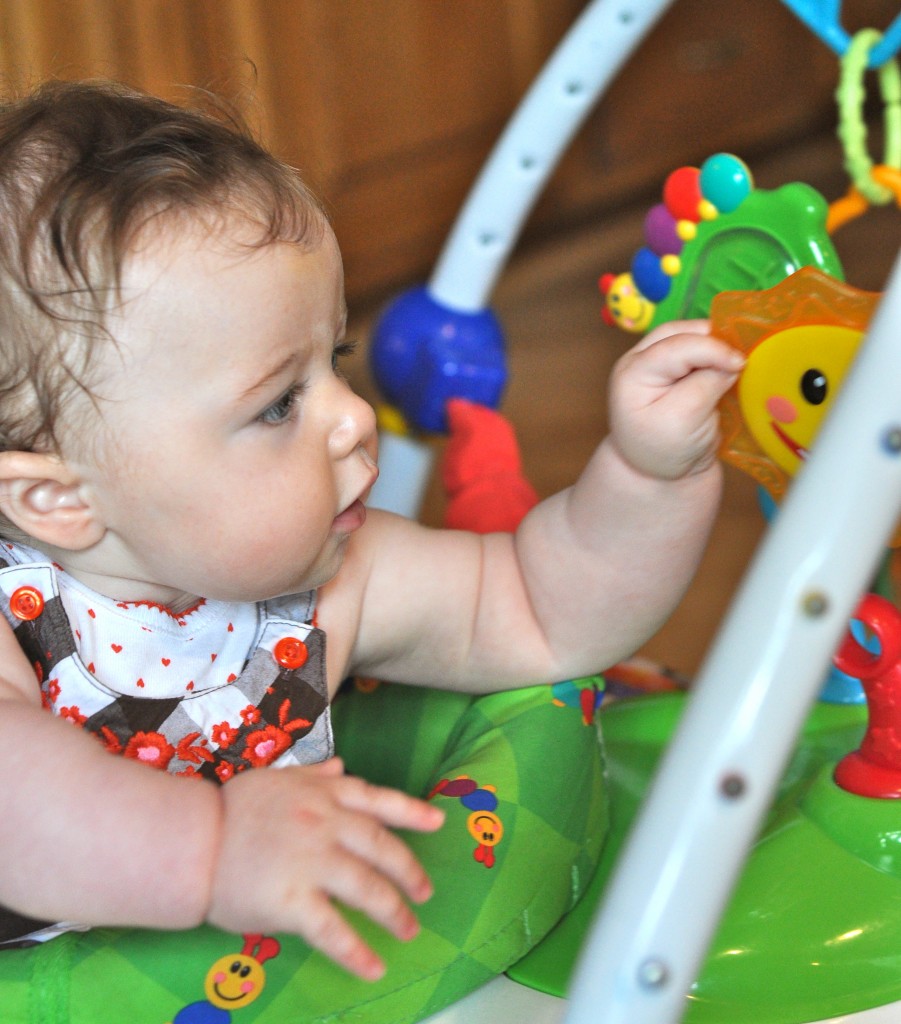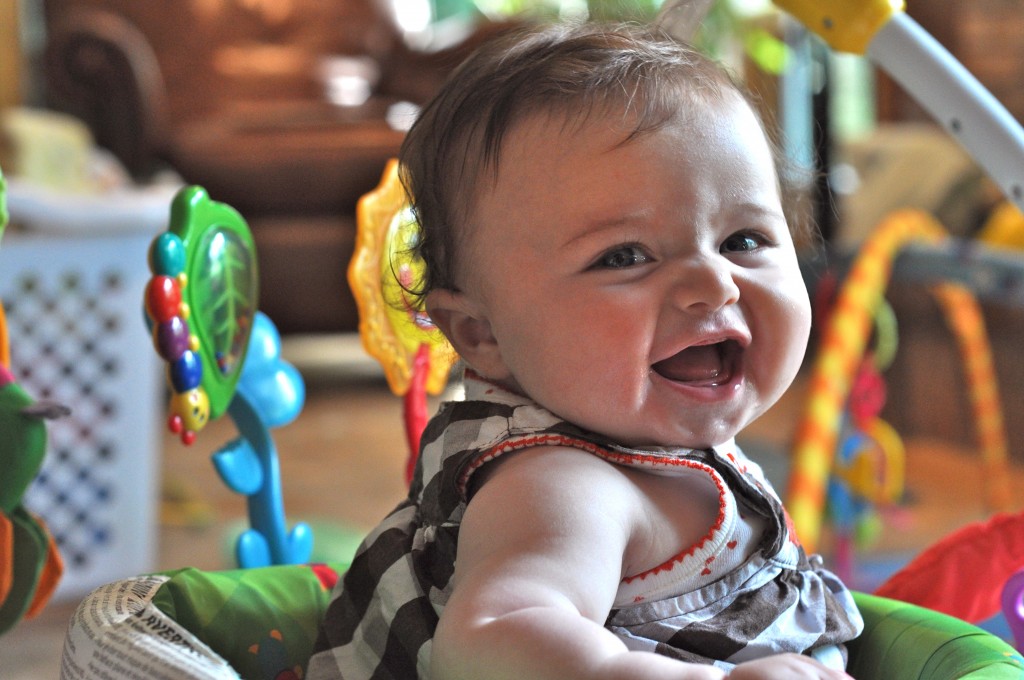Recently my husband came home from work and told me about a conversation he had with two of his colleagues during lunch. He said that one guy was discussing schools, the importance of choosing the right school, how expensive private schools are, and so on. The other guy, who doesn’t have children yet, was taking this all in and seeming quite concerned about it. Then they asked my husband where our girls will be going to school, and he replied, “We’re going to homeschool.” Well. They were shocked and asked all sort of questions, starting with “Why?” and quickly moving to “What about socialization?”
When my husband came home and told me about this my response was a knowing nod and chuckle. “Hehe. Yep, they always ask about socialization. Ha ha ha.” Then I laughed a little more, at myself, because that was me about five minutes ago.
I used to ask the same thing. My initial reluctance to homeschooling when my husband suggested it was for that very reason. Socialization. Yes, the S-word. It really freaked me out. Then, I decided to actually educate myself on the topic and find out what socialization, in the context of homeschooling, is really all about.
When I started thinking about it, I ended up having to turn my ideas about the concept of “socialization” upside down. Because really, what I think about as socialization, is based on my experience of having gone to public schools. Naturally I, and most of the rest of society in this day and age, tend to think of regular school as the way for socialization to occur. You go to school, you sit in a room with 25 or so other kids of your same age, you listen to a teacher a little bit, you pass notes, you do work from a book, you have recess, and so on. When you get a bit older, you have school dances and football games and lockers and pep rallies. Lots of things that I remember fondly from my days of going to school.
But those things are only one way to experience childhood and adolescence. And really, I have lots of other memories of my school days that aren’t quite so pleasant, like the merciless teasing of one boy who was seen picking his nose in class one day, or the hateful taunting of a disabled girl in the lunchroom, or the passing of notes amongst tweenage girls saying something like, “Let’s be mad at Jenny,” for no reason other than to be mean, or the times when I was the one everyone chose to be “mad” at and spent recess alone. And this was, of course, before the days of Facebook and Twitter and cell phone cameras and all sorts of other scary stuff kids have access to these days.
As I have learned about socialization and reflected on how kids are currently interacting in most regular schools, I began to realize that I don’t actually want my kids to be socialized in schools. I don’t want them to have to face the mean girls of the world or various peer pressures all day every day without some back up or guidance from their Mom. I know some people argue that kids need to go through the difficulties that come with school and peer interactions in order to grow into tough, independent adults. But my thought in response to that idea is, “Why?” Why cant’t kids learn to navigate the social waters of the world and become competent, caring, responsible citizens in a different way than what is currently set up in our culture? Why do they need to go through an experience of being with many other children of the same age, under minimal supervision, while I have no idea what they’re doing, in order to be “socialized”? Why does their main source of socialization need to be their peers?
So, in response to my own questions, I have decided that it doesn’t necessarily have to go down that way and have chosen to do it differently. I have learned that homeschooling groups are abundant and so widely varied that I have found several sources of “socialization” that I think will fit with my worldview and the things I want my children to learn. We will have plenty of social interaction. We will do gymnastics classes and Daisies and other sports and recreational activities. We will get together for play dates, with children of varying ages, some of whom are homeschooled and some who aren’t (our best friends are not a homeschooling family). We will go on field trips and do volunteer work and interact with people in the “real world” in many different ways, so that when it’s all said and done, I’m confident my kids will be at least as well socialized as kids who go to school.
And through it all, we will have lots of time together to figure out the rest of it. If I’m honest, I have to admit that I still have no idea just how I’m going to homeschool. I’m not sure if I’ll be good at it. Though I am truly sold on the idea of it at this point, when I think about the logistics of doing it day to day, I start to panic a little bit. But at least I can say this: whatever else they learn, I feel good about my ability to help my kids learn to be good social beings. And I’ll keep working on figuring out the rest of it.
